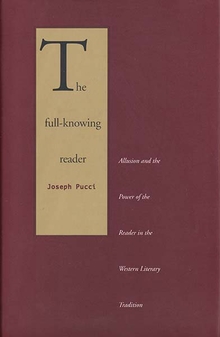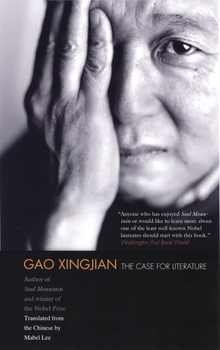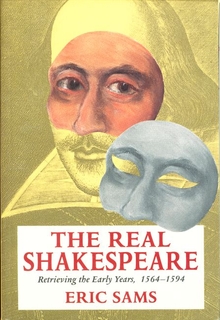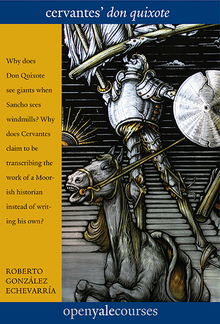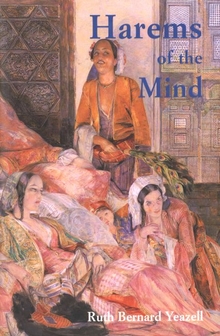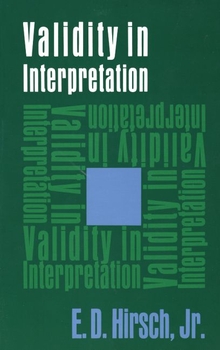The Full-Knowing Reader
WARNING
You are viewing an older version of the Yalebooks website. Please visit out new website with more updated information and a better user experience: https://www.yalebooks.com
Allusion and the Power of the Reader in the Western Literary Tradition
Joseph Pucci
Pucci begins with a discussion of modern and contemporary debates about allusion’s function; offers a fresh definition of allusion that emphasizes readerly desire and the manifold meanings occasioned in allusion’s best function; and considers ancient and medieval evidence of readerly power. Although Greeks and Romans described allusion in the context of a powerful reader, Pucci finds that allusion became a legitimated mode of literary discourse only after early Christian readers became meaning- makers, empowered to make sense of dissonant passages of Scripture. In a concluding chapter the author contemplates hypertext and allusion in other media.
"Pucci's prose style is admirably readable, lucid, and engaging, with enough surprises to keep even an empowered reader enthralled. I think this opus significant enough to be in every library."—Daryl Hine, editor of Ovid's Heroines: A Verse Translation of the Heroides
"Pucci’s Full-Knowing Reader is a interesting and worthwhile book, especially for those especially for those interested in the classical tradition in later literature. . . . It is a valuable book which any college or university library should own."—Carol U. Merriam, Classical Outlook
"Pucci's thoughtful study contributes both to theoretical discussion and to the understanding of specific classical (and other) writings. . . . This book should help revitalize study of this essential topic."—Simon Goldhill, Classical World
Publication Date: June 1, 1998

